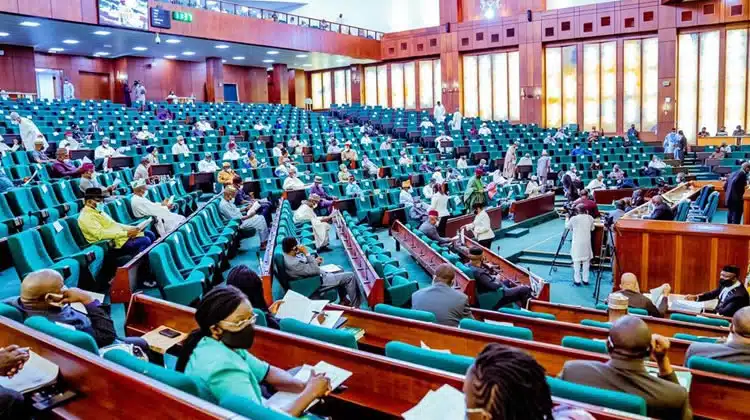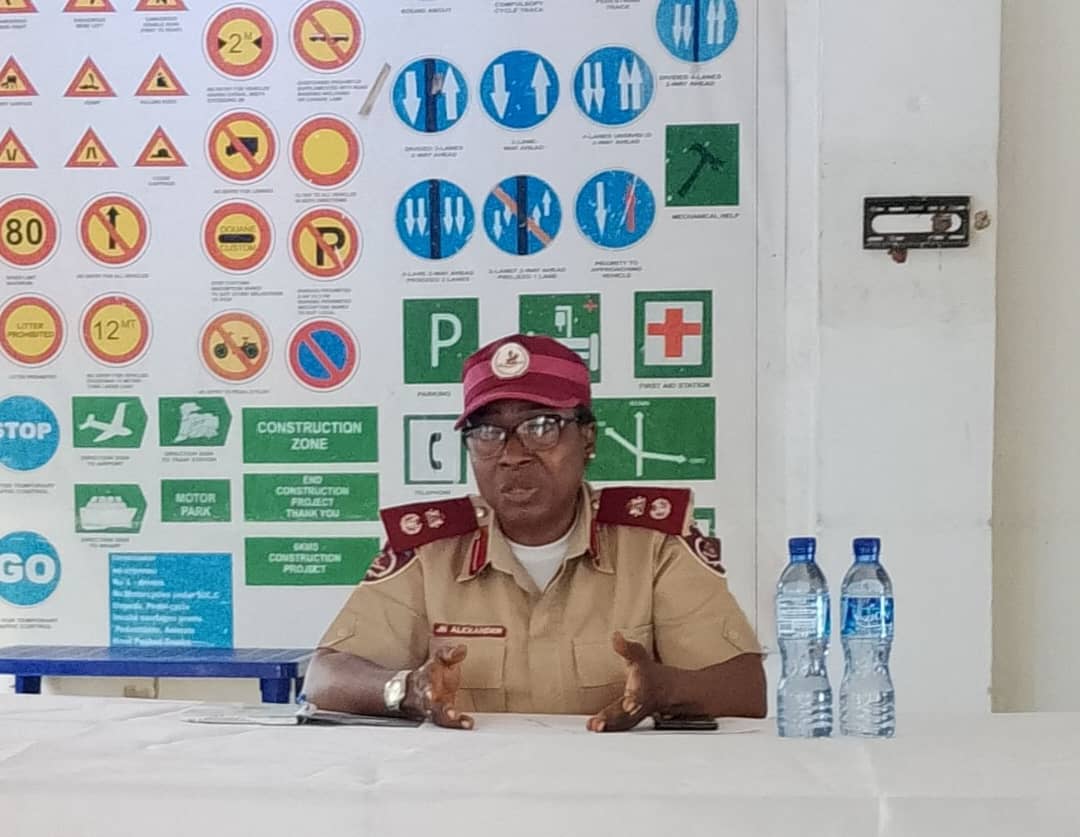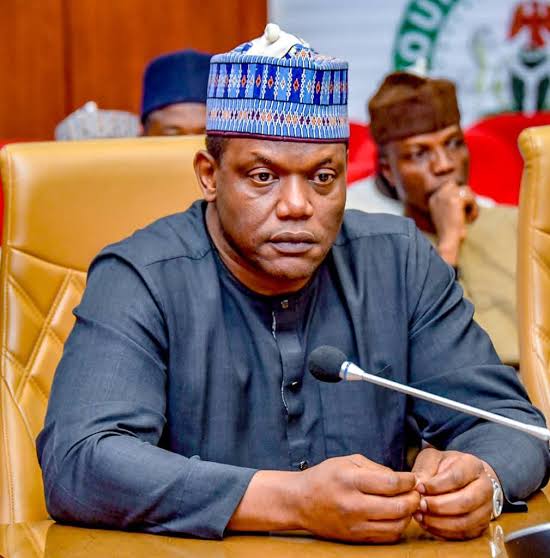House of Rep to Probe SAMOA Agreement contentious clauses

By Fatima Saka
The House of Representatives has said to investigate the contentious clauses reportedly present in the recently ratified SAMOA Partnership Agreement to ensure their conformity with constitutional provisions, existing laws, and our national interests and values.
The legislative body also called upon the federal government to conduct thorough consultations and engage with stakeholders regarding the agreement.
These resolutions were made following the adoption of a Motion of Urgent National Importance titled “Alleged Controversial Samoa Partnership Agreement by the Federal Government,” initiated by House Deputy Minority Leader, Rep. Aliyu Sani Madaki (NNPP, Kano), and supported by 88 legislators.
The debate on the Samoa Partnership Agreement, aimed at enhancing food security and fostering inclusive economic development, sparked significant deliberations in the Green Chamber.
During the discussions, concerns were raised about purported clauses that allegedly require backing for the Lesbian, Gay, Bisexual, and Transgender (LGBT) community as a condition for receiving financial and other assistance from developed nations.
Furthermore, apprehensions were expressed regarding specific articles within the agreement, notably Articles 2.5, 29.5, 36.2, and 88, which some lawmakers believe may not be in alignment with Nigeria’s national interests and values, particularly due to the absence of a reservation clause.
Rep. Aliyu Sani Madaki contended that Article 97 of the agreement, asserting the primacy of the agreement over any conflicting treaties involving European Union (EU) member states or the Organisation of African, Caribbean, and Pacific States (OACPS), could potentially encroach upon Nigeria’s sovereignty.
In response, House Leader, Rep. Julius Ihonvbere (APC, Edo), clarified that the official version of the agreement does not include provisions related to a $150 billion fund or any clauses advocating for LGBT rights in Nigeria, contrary to public speculation.
Underlining the significance of parliamentary oversight, House Minority Leader, Rep. Kingsley Chinda (PDP, Rivers), emphasized the necessity for transparency in treaty negotiations, citing Section 12 of the Nigerian Constitution (1999, as amended), which mandates parliamentary participation in such affairs.
It is imperative to clarify that the House of Representatives did not resolve to demand the suspension of the agreement or its implementation, as inaccurately reported by some media outlets. Instead, the House resolved to comprehensively examine the Samoa Partnership Agreement for all contentious clauses through legislative hearings.
Moreover, the House tasked its Committees on Treaties, Protocols and Agreements; Justice; and National Planning and Economic Development to engage with relevant stakeholders to address any ambiguities in the agreement. These Committees are expected to provide a report to parliament within four weeks.
Reaffirming its dedication to shaping Nigeria’s foreign policy in accordance with national interests, the House highlights its Legislative Agenda 7 (Influencing and Directing Nigeria’s Foreign Policy) to harmonize constitutional requirements with the Treaty Ratification Act for consistency and transparency.





